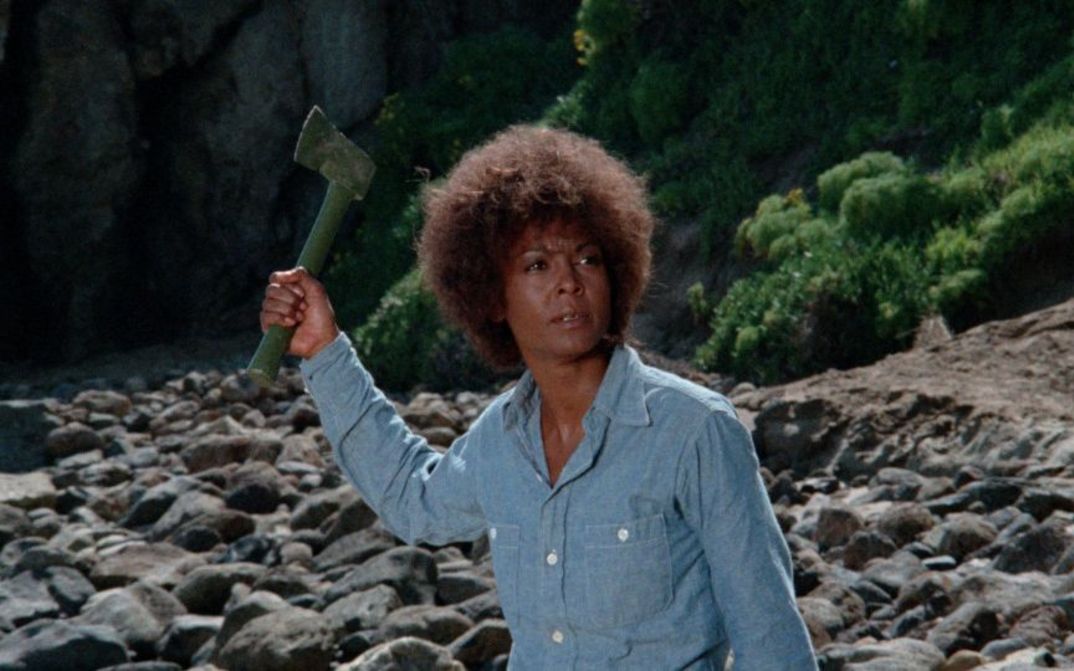Exploitation subverted: Stephanie Rothman

The film career of Stephanie Rothman (*1936) was as short as it was unusual. After graduating with a degree in sociology, she studied directing at the University of Southern California in the early 1960s and then began working, due to a lack of other opportunities - inspired by European films, she had ambitious auteur cinema in mind - as an assistant to the "king of B-movies" Roger Corman. She shot low-budget exploitation films, first for Corman, then for her own production company, managing to subvert the genre, which was essentially based on the depiction of bare skin and violence, by infiltrating it with a decidedly feminist and progressive attitude, humor and irony.
Her films enjoy a legendary reputation and yet they have not yet found a secure place in film historiography. Thanks to recent restorations and digitalization, we can present five of Rothman's films as 35 mm prints or as new digital copies.
The exploitation genre, originally intended as undemanding entertainment, in which tight budget and time constraints and correspondingly low production standards applied, offered freedom that Rothman knew how to exploit. As long as the clear rules were followed and the audience's curiosity was satisfied, content and form could be experimented with. Rothman countered the stereotypical characterization with self-determined women who broke out of predetermined roles. She liked to work with comic reversals, showing as many naked men as women and counteracting clichéd ideas with satirical exaggeration. Her films were thus a "prime example of feminist subversion from within" (Pam Cook). Above all, she brought a depth to her choice of subject matter that was unusual for the genre. She was sensitive to the zeitgeist and addressed social and political problems. At the same time, her films are as playful as they are cheerfully hedonistic, breathing the Californian hippie spirit of the early 70s and taking an optimistic view of social change. Rothman also experimented with style, incorporating documentary footage as well as surreal dream sequences into her always light-hearted narratives.
In contrast to her male director colleagues, such as Martin Scorsese or Francis Ford Coppola, who also started out with Corman, Rothman was denied the move into Hollywood mainstream cinema. This boundary was almost insurmountable for a woman in the 1970s, though Rothman was able expand the narrow framework afforded her considerably. (Annette Lingg)
Thanks to Andreas Beilharz and Nicole Reinhardt.